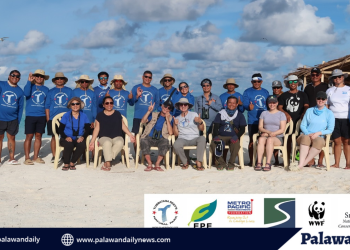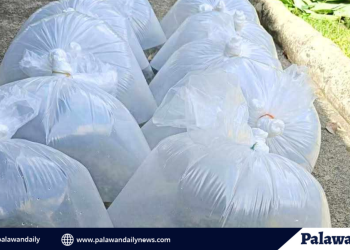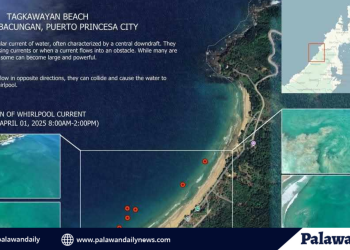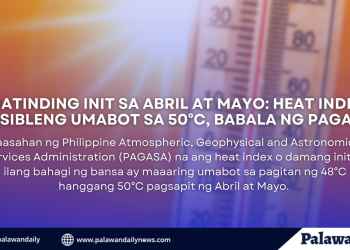The Congress in the lower house has approved on final reading a bill banning single-use plastics to address pollution caused by single-use packaging such as sachets, plastic bags, sando bags, plastic labo, straws, and other packaging materials that pose threats to public health and the environment.
House Bill 9147 seeks to regulate the production, importation, sale, distribution, provision, use, recovery, collection, recycling, and disposal of single-use plastic products.
Speaker Lord Allan Velasco, a principal author, said the measure aims to protect life, both land, and water, from hazards posed by plastic pollution and to ensure that non-compostable single-use synthetic plastic products do not leak into nature.
“The Philippines is one of the world’s top five countries that contribute to plastic wastes causing marine pollution. Thus, it behooves our country to start prohibiting the use and spread of plastics to preserve the environment for future generations,” Velasco said in a statement.
He explained that the measures also provide steps for phasing out single-use plastic products. It also seeks to promote circularity through the reduction, reuse, and recycling of plastic trash.
The bill proposes to phase out the production, importation, sale, distribution, provision, and use of single-use plastic drinking straws, stirrers, candy sticks, balloon sticks, cotton bud sticks, buntings, confetti within a year, and packaging or bags less than 10 microns thick.
It also seeks to phase out within four years single-use plastic items such as tableware, film wrap, packaging or bags less than 50 microns thick, sachets and pouches, oxo-degradable plastics, and styropor food and beverage containers.
The bill mandates the Department of Environment and Natural Resources (DENR) to formulate within six months a phase-out plan on single-use plastic wastes, with components on reducing consumption, increasing recovery, keeping producers accountable, developing alternatives, and raising awareness.
The law also obliged commercial establishments to promote reusable, recyclable, and retrievable products in their stores, charge P5 from customers for every plastic bag or single-use plastic used for take-out food or delivery service, and facilitate customer return of used plastic products to the store.
Violators might be penalized with fines ranging from P50,000 to P500,000 for micro-enterprises while P250,000 to P1 Million for larger businesses.
In Puerto Princesa City, the City Council has passed City Ordinance No. 993 two years ago, which regulates the use of single-use plastic such as plastic bags including sando bags and plastic labo, styropor, plastic straws, coffee stirrers.
The City Ordinance No. 993 has been widely disseminated to the concerned sector, especially the business sector where the bulk of single-use plastic packaging emanates. Information and Campaign materials have been posted conspicuously in several business establishments that supported the measure.
The ordinance has gained support from the business sector, especially supermarkets, malls, commercial establishments, and other local businesses.
Many local government units (LGUs) expressed trust and confidence that the regulation of single-use plastic at the national level or in the larger scope, could significantly reduce the volume of plastic waste in our surroundings and our environment.




















Discussion about this post